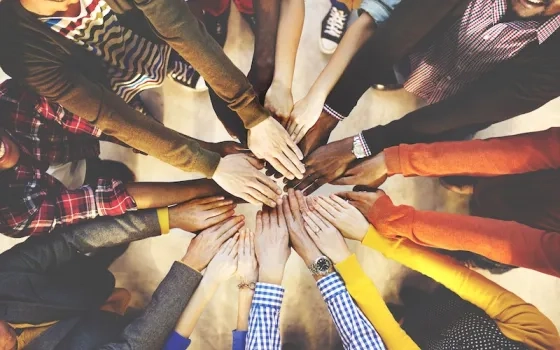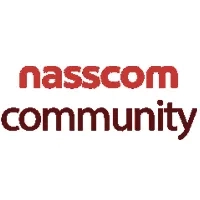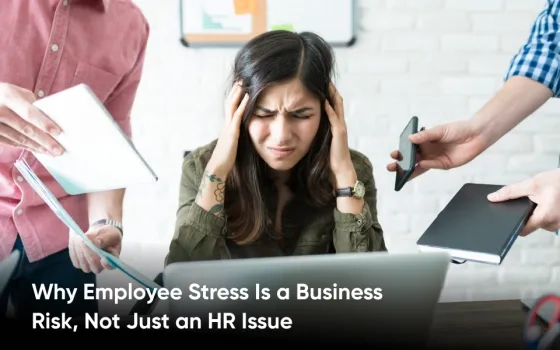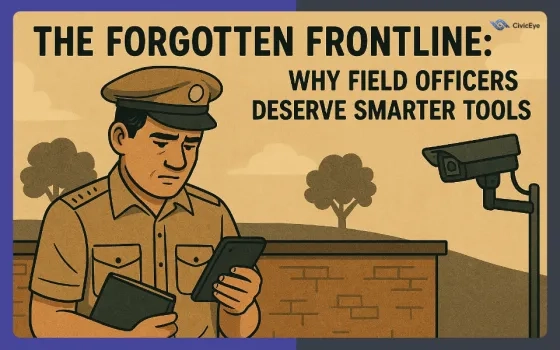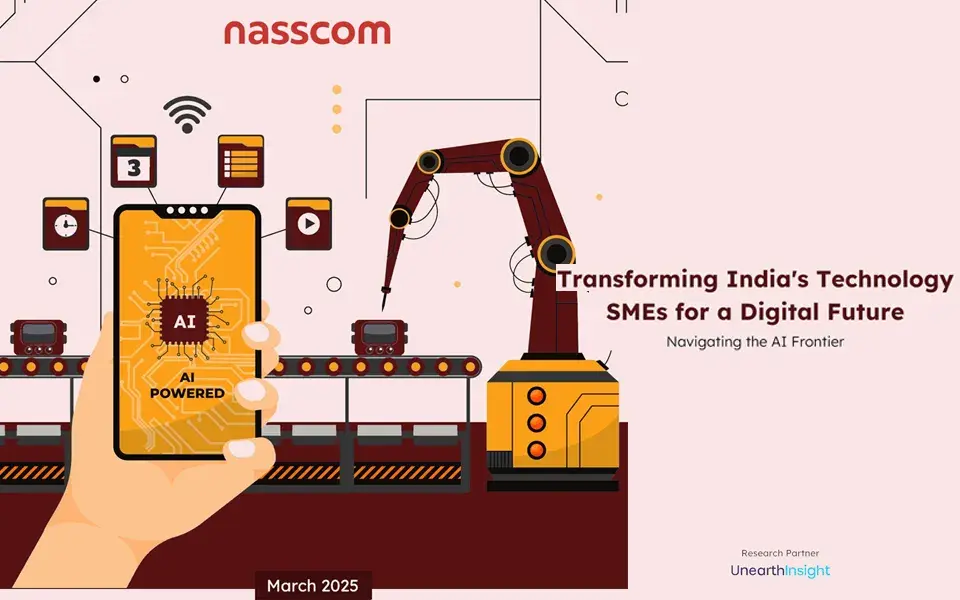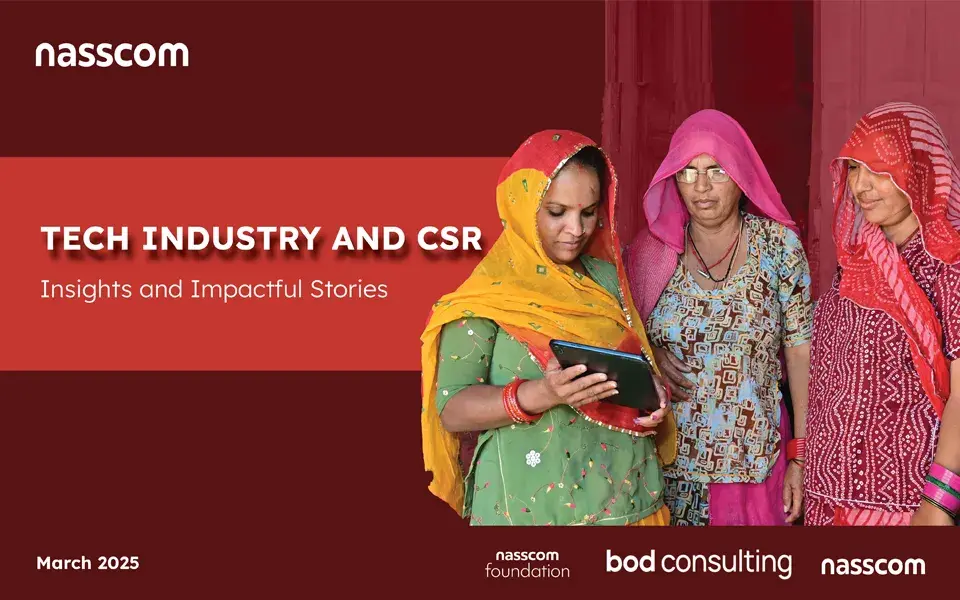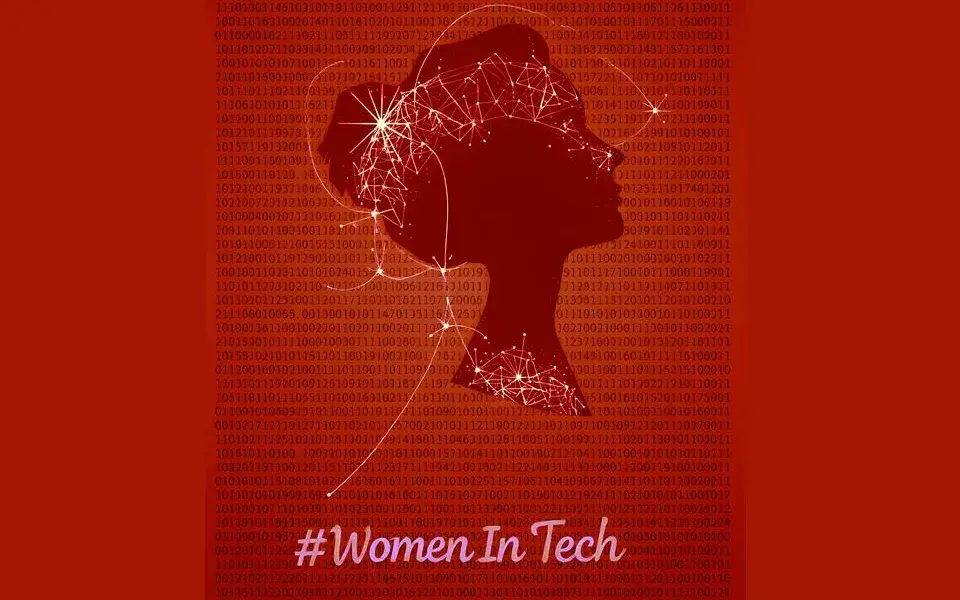Gender Equality Through the Lens of Mythology with Author and Mythologist Devdutt Pattanaik
Does nature treat gender or any other demographic differently? Does the sun shine less on a particular gender, more on the other? The answer is a clear ‘No’.
Then why is our world plagued with stereotypes that create an unequal world? It’s time to challenge the patriarchal mindset that divides and leaves a big talent pool untapped. A challenged world is an alert world. When we choose to challenge established myths, we create a more open space for dialogue and growth.
Gender inequality is a pressing human issue but also has huge ramifications for jobs, productivity, GDP growth, and inequality. An inclusive world works in the best interest of everyone. A study by McKinsey Group Institute, projects that in a “full potential” scenario in which women participate in the economy identically to men, $28 trillion dollars (26%) would be added to the annual global GDP by 2025 when compared to the current business-as-usual scenario. And India in this scenario would gain the most of any of ten regions analysed with $2.9 trillion added to annual GDP in 2025, or 60% of GDP.
No conversation about gender equality is complete without addressing both the sexes. While female voices seek amplification, the male voice and gaze also continue to evolve towards a more gender equal world. This evolution is rooted in honestly questioning one’s own biases and beliefs towards exploring, what inclusion really means to each of us. To dig deeper and know more, I had the privilege of hosting a dialogue with author and mythologist Devdutt Pattanaik as part of IWD conference organised by TOSB Conversations. This dialogue focused on how mythology offers a fresh lens to challenge gender myths.
Devdutt with his profound knowledge and simplicity of narrative, used stories – from the Puranas to the Ramayana and Mahabharata; from to Bible to Quran– to break myths around gender stereotypes and answer the fundamental question: Does Gender Really Matter?
Here are some interesting snippets from the conversation:
“Storytelling can help us find different approaches to relationships.”
Devdutt says that mythology, contrary to popular belief, teaches us to downplay gender narratives in storytelling. There are no men and women in mythology – instead there are symbols for larger concepts, such as Laxmi for Wealth, Saraswati for Knowledge and Durga for Power. By changing how we narrate a story, we can find a richer depth of meaning and perspectives.
“The soul has no gender.”
In mythology, the soul is said to be “nirguna” or without qualities and hence, has no gender. It wraps itself around different forms which may or may not embody the typical definitions of “gender” such as plants, animals, humans etc. Devdutt shed light on the many ways in which gender roles play out in nature and how different these are from our own human understanding of two opposing sexes.
“Collaboration comes from focusing on the soul”
With this layered context of mythological symbols and philosophy, Devdutt offered a fresh perspective on collaboration – one that looks beyond gender to our inherent qualities such as the skills, attitude, experience and knowledge we bring to the table; and even the hunger, fears and insecurities. When we begin interacting with this approach, we see that we can balance each other out. One’s aggressive nature can come together with another’s softer side. That’s the basis of collaborating effectively.
Devdutt’s dialogue is full of insightful anecdotes from mythology – including the 5 choices of Sita that directed the course of the Ramayana, the real stories behind the concept of “Sati Savitri”, the various ways in which consent has been presented in Indian lore, and what the gender dynamics of the animal world teach us about disparity between the sexes.
#MustWatch this TOSB conversation and lets follow what Devdutt said , “Compete with yourself and collaborate with others’ to create an equal opportunity world for all.
None of us is as smart as all of us.
Two are always better than one: If one falls down, the other can help. One’s weakness can be compensated by others strength. I pity the man who has no one to help him up when he falls or supports his weakness and work with him as a team!
One may be overpowered but, two can defend themselves. A cord of three strands is not quickly broken. And as the bunch grows, they become stronger - a force to reckon and create unparalleled success.
With the dynamic needs of the global business environment, the permutations and combinations are changing rapidly and seeing the successful examples of those who have embraced gender quality, it is amply clear that collaboration is better than competition.
The competitive spirit is a central element of human nature. Think about some of the ways we compete, both big and small, in our lives:
- Rushing to buy pre-sale tickets for a popular movie or concert
- Applying and interviewing for jobs
- Fighting with your siblings for the last slice of pizza
Competition is not inherently bad. In fact, it can be incredibly fun. However, competition can hold us back from achieving our greatest potential because it is inherently divisive. There can only be one winner. And when it creates divides, stereotypes, and an unequal world, it is toxic and harmful.
Collaboration, on the other hand, is all about progressing as a whole. There is no winner unless the entire group crosses the finish line together.
In that light, collaboration is bigger than one person. It’s a culture. Any person, department, organization or country that wants to prioritize collaboration over competition needs to weave it into the very fabric of who they are. It’s important for leaders and people in positions of power and responsibility, to create a world of equal opportunities for all, to capitalize on the strengths of diversity by creating a culture of inclusion, rather than continuing with gender stereotypes thinking. ...
“Collaboration is imperative for cultures who wish to step into true global impact.”
The power to create lasting impact that elevates and creates prosperity for all, is in us. And the time to do this is now. Women and members of underrepresented groups need powerful allies. We all have an opportunity—and a responsibility—to support change on our own space, which will ultimately benefit our organizations, society and the world. To help foster collaboration as a culture and keep it top-of-mind and call out gender bias and inequality. Collectively, we can all help create an inclusive world.
Everything starts with you and so does the power to collaborate.
So what do you choose - Competition or Collaboration?
Collaboration exists in nature, mythology and in every space. It is without boundaries and divides. The sun collaborates with the rain, the soil, the human effort, the bees to bring flowers on earth.
We either collaborate and come together – or compete and fall apart. The choice in my mind in very clear. What about you? Sure, competition is healthy and it motivates us to keep pushing boundaries. But as Devdutt says, “compete with yourself and collaborate with others”.
Individually we are strong and capable but together we are a force to reckon. That’s because, we learn from and leverage each other and collectively, we offer what none of us can offer individually. A collaborative process is far more powerful than a competitive process.
Stop preserving Status Quo. #ChooseToChallenge and put character, skills, value at core of everything we do. Because in all honesty as Devdutt says, “how does the gender anyways matter except in a personal, romantic relationship”?
Be collaborators, accomplices, and co-conspirators who fight injustice and promote gender equality. A good start point, When you witness discrimination, don’t approach the victim later to offer sympathy. Give your support in the moment.
Choose collaboration over competition; character over gender - this is not an option but the only way forward for all.
Remember, we are better together!
Kriti Makhija
Credit: The Outstanding Speakers’ Bureau and Devdutt Pattnaik
Photo credit : Internet, Shutterstock



